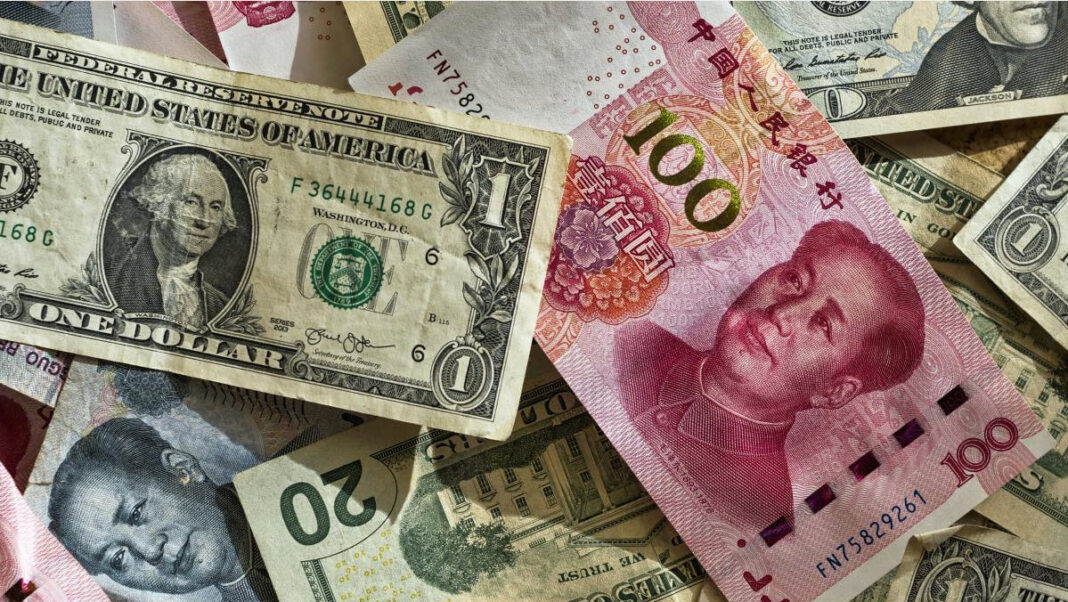The vote drew intense scrutiny because it had the potential to shift the balance of power in Taiwan.
Twenty-four opposition lawmakers, and a mayor, survived Taiwan’s recall vote on July 26, according to the Central Election Commission, leaving the China-friendly Kuomintang on track to maintain its legislative majority, and handing President Lai Ching-te’s ruling party a setback.
The vote drew intense scrutiny because it had the potential to shift the balance of power in Taiwan, where months of gridlock have pitted the independence-leaning Democratic Progressive Party (DPP) government against a legislature controlled by the China-friendly Kuomintang (KMT) and its allies.
Recall advocates said their effort was an anti-communist push to oust KMT lawmakers they accuse of being pro-Beijing and aligned with the Chinese Communist Party (CCP), which has pledged to “reunify” the self-ruled island, by force if needed.
The CCP has been openly hostile to the DPP, cutting off all official communication with Taipei since the party came to power.
KMT chairman Eric Chu hailed Saturday’s defeat of all recall campaigns targeting 24 of his party’s lawmakers as “a big victory for Taiwan’s people,” saying the outcome signaled voters’ preference for “stability.”
“Taiwan’s people have chosen stability and believe that the government should focus on getting things done, not engaging in political infighting,” Chu said at a press conference held at KMT headquarters in Taipei, according to state-run news outlet Focus Taiwan.
The ruling DPP and civic groups behind the recall effort had hoped to oust the KMT lawmakers—whom they described as pro-China—in nine cities and counties across Taiwan. Another seven lawmakers from the KMT face similar recall votes in late August.
While the DPP won last year’s presidential election, the KMT and the smaller Taiwan People’s Party (TPP) have enough seats in the self-ruled island’s legislature to form a majority bloc.
TPP Chairman Huang Kuo-chang called on President Lai—who endorsed the recall—to publicly apologize for the effort, which he described as divisive.
By Tom Ozimek







